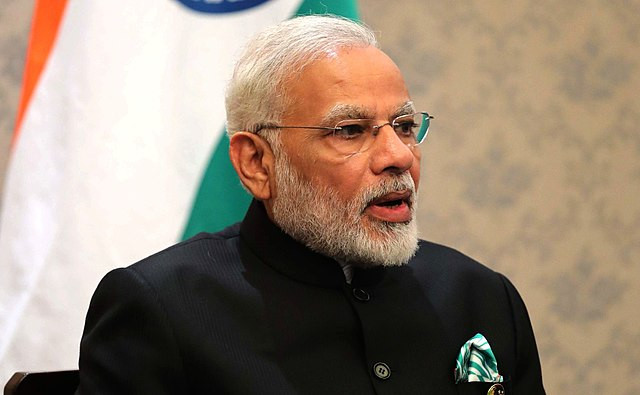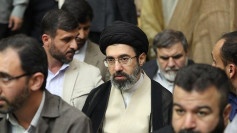Indian Prime Minister Narendra Modi shared warm displays of camaraderie with Russian President Vladimir Putin and Chinese President Xi Jinping during a regional summit in Tianjin on Monday, sending a pointed message to Washington as U.S. tariffs on Indian goods climbed to 50%.
The Shanghai Cooperation Organization (SCO) gathering brought together leaders from across Eurasia, but the spotlight was on Modi's embrace of Putin and Xi amid escalating tensions with the United States. Modi joined Putin for a ride in the Russian leader's armored limousine, days after President Donald Trump's administration doubled tariffs on Indian imports to punish New Delhi for continuing to buy Russian oil.
"I always feel that meeting you has been a memorable experience," Modi said to Putin in televised remarks. The Russian leader called Modi his "dear friend" and praised the "friendly and trusting" relations between the two countries. Modi posted on X that their talks were an "excellent meeting" in which they discussed trade, fertilizers, space, security, and culture.
Trump reacted sharply from Washington, criticizing India for what he described as an imbalanced trade relationship. "What few people understand is that we do very little business with India, but they do a tremendous amount of business with us," Trump wrote on Truth Social. "Until now a totally one sided relationship, and it has been for many decades. The reason is that India has charged us, until now, such high Tariffs, the most of any country, that our businesses are unable to sell into India. It has been a totally one sided disaster!"
Trump added that India had "offered to cut their tariffs to nothing," but warned "it's getting late. They should have done so years ago." He noted that India "buys most of its oil and military products from Russia, very little from the U.S."
For Putin, the summit was an opportunity to highlight enduring ties with both India and China. "Friendly, trusting. This is the foundation for the development of our relations in the future," he said. "These relations are absolutely nonpartisan in nature, supported by the overwhelming majority of the peoples of our countries."
Xi used his address to denounce "bullying behavior" by unnamed nations, widely interpreted as a reference to the U.S. He urged members to "take a clear stand against hegemonism and power politics, and practice true multilateralism," while promoting his "Global Governance Initiative."
China's state broadcaster CCTV reported that Xi and Modi pledged to resolve border differences and expand cooperation. Xi said he hoped the meeting would "further elevate" and "promote the sustained, healthy and stable development of bilateral relations." Modi responded by emphasizing "the importance of peace and tranquillity on the border areas for continued development of bilateral relations."
The choreography in Tianjin appeared carefully designed to underscore shared grievances. India, long courted by Washington as a counterweight to China, has grown uneasy under Trump's trade pressure. Beijing continues to spar with the U.S. over Taiwan and tariffs as high as 145% on Chinese goods. Moscow, meanwhile, has brushed aside U.S. efforts to broker peace in Ukraine, with Putin again blaming "constant attempts to drag Ukraine into NATO" for the conflict.






